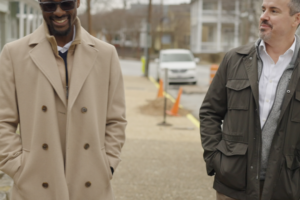
Supreme Court Skirts Key Question in Moore Decision
Today, the U.S. Supreme Court narrowly ruled in Moore v. United States that the 2017 Mandatory Repatriation Tax is constitutional. By declining to address the question of whether such a tax is an unconstitutional tax on unrealized income, the Court side-stepped the broader threat of proposed wealth taxes and the negative ramifications a tax on unrealized gains would have on charitable endeavors.


















